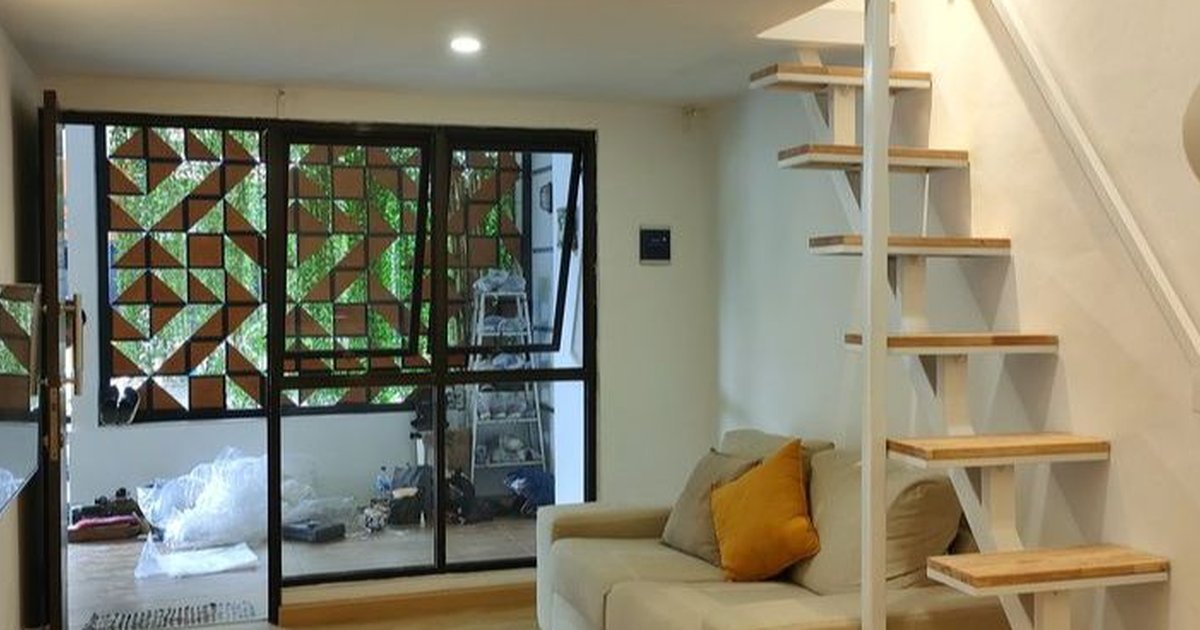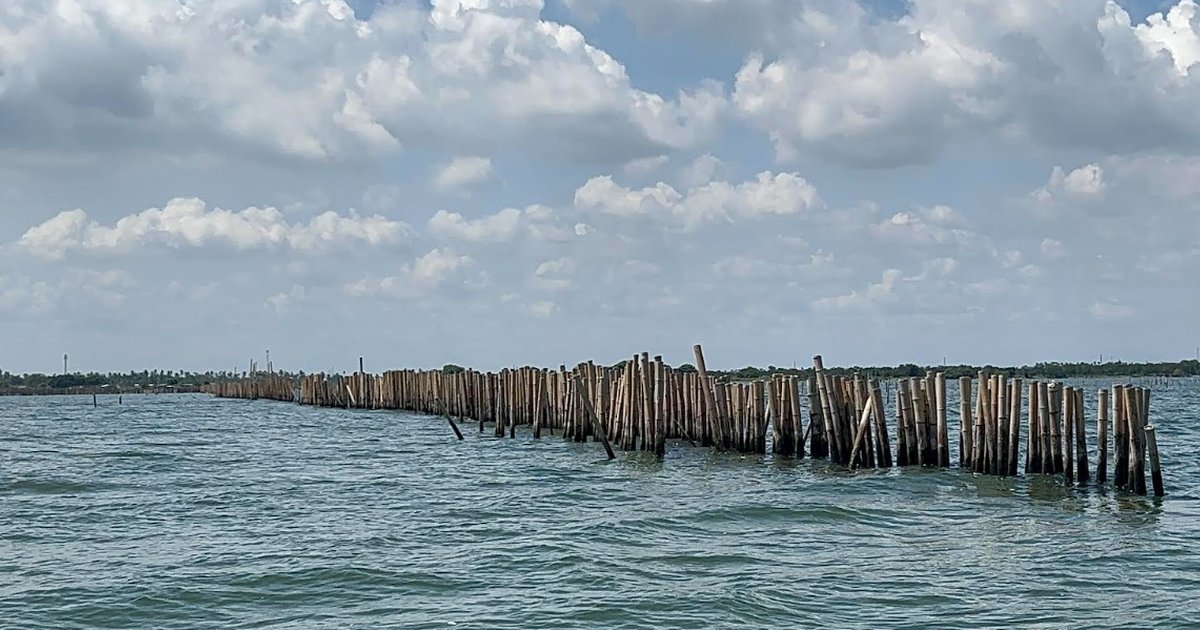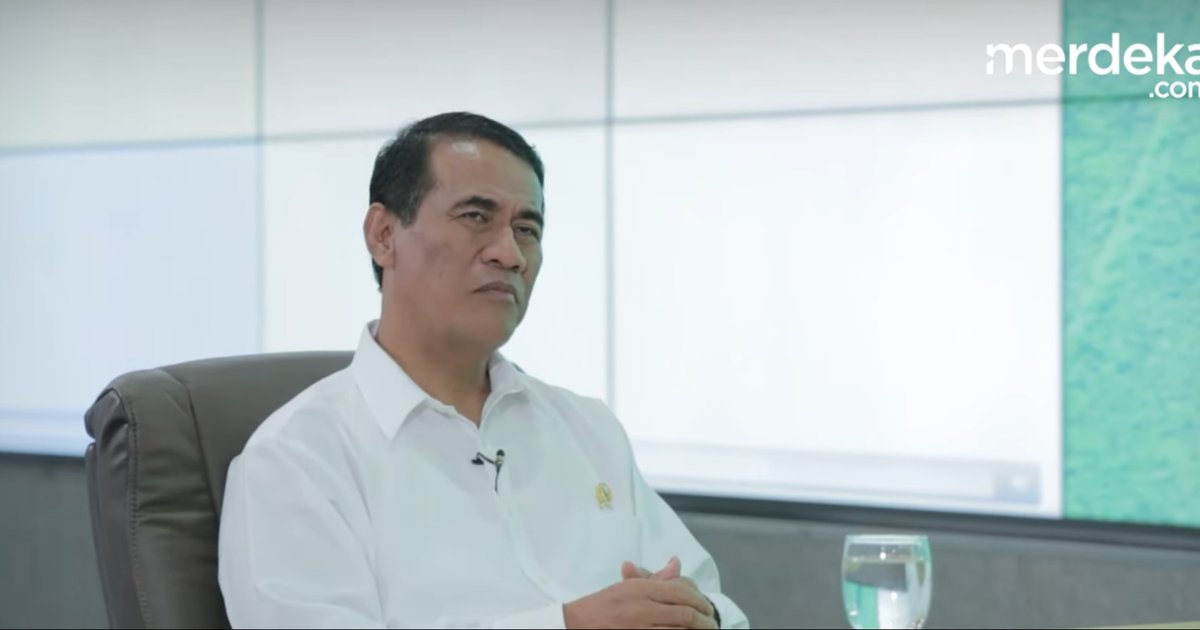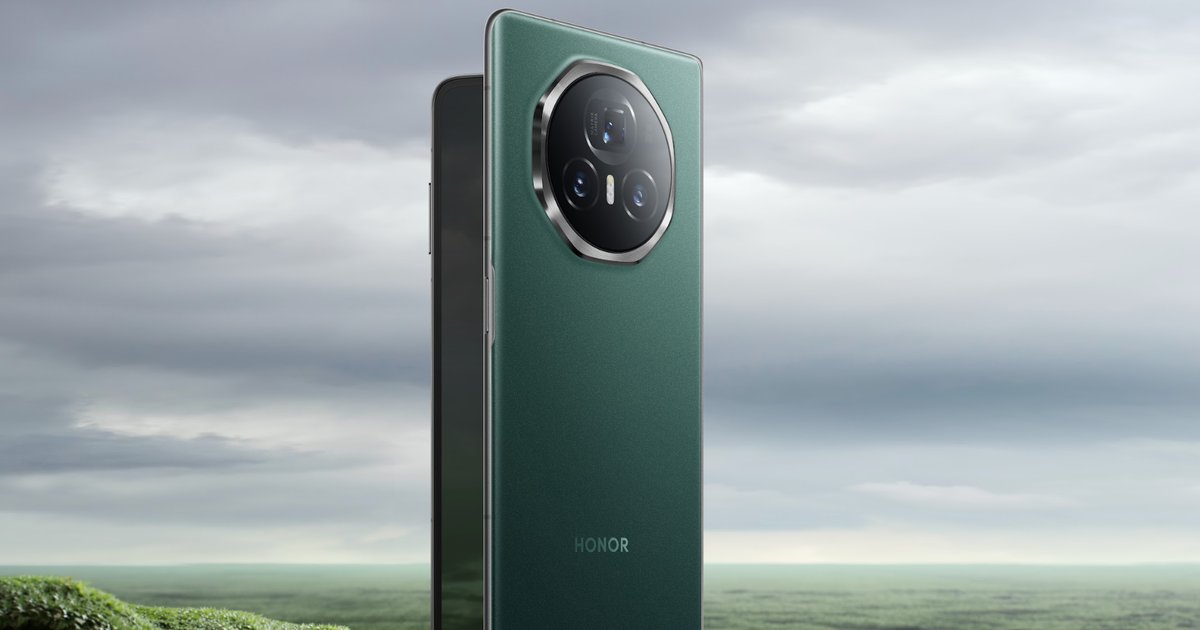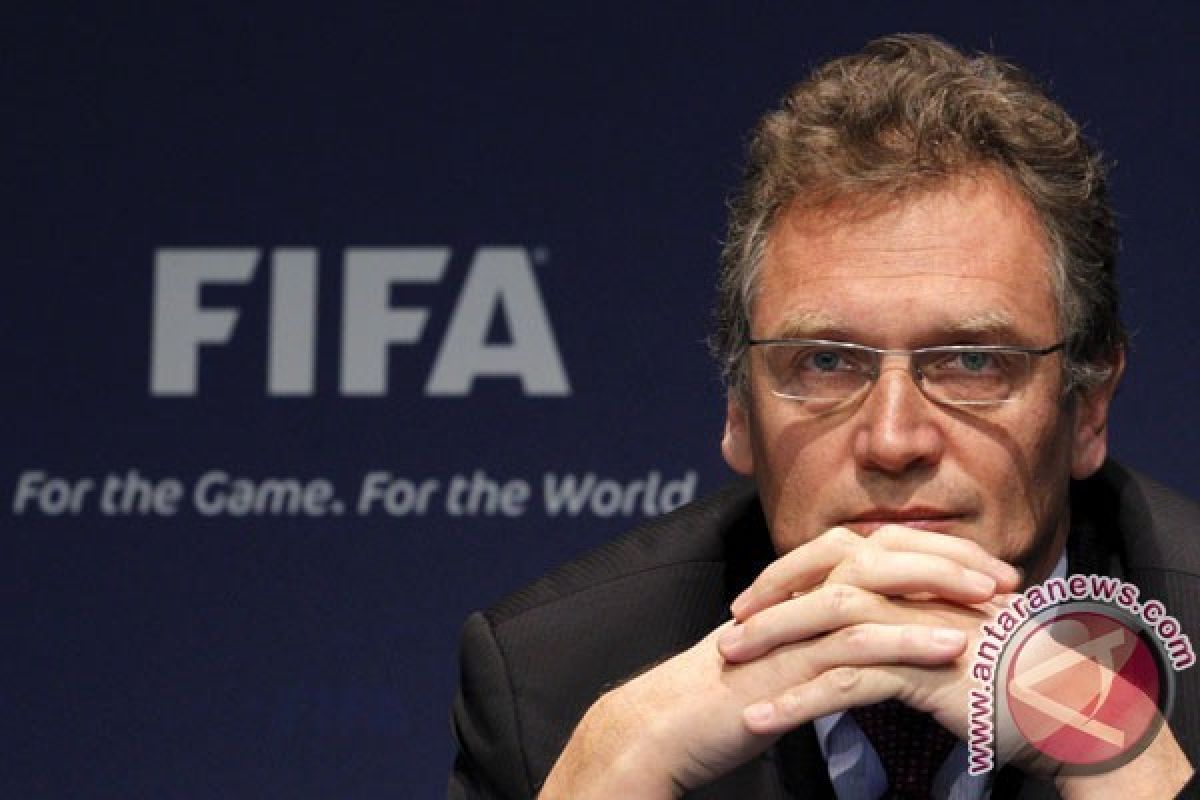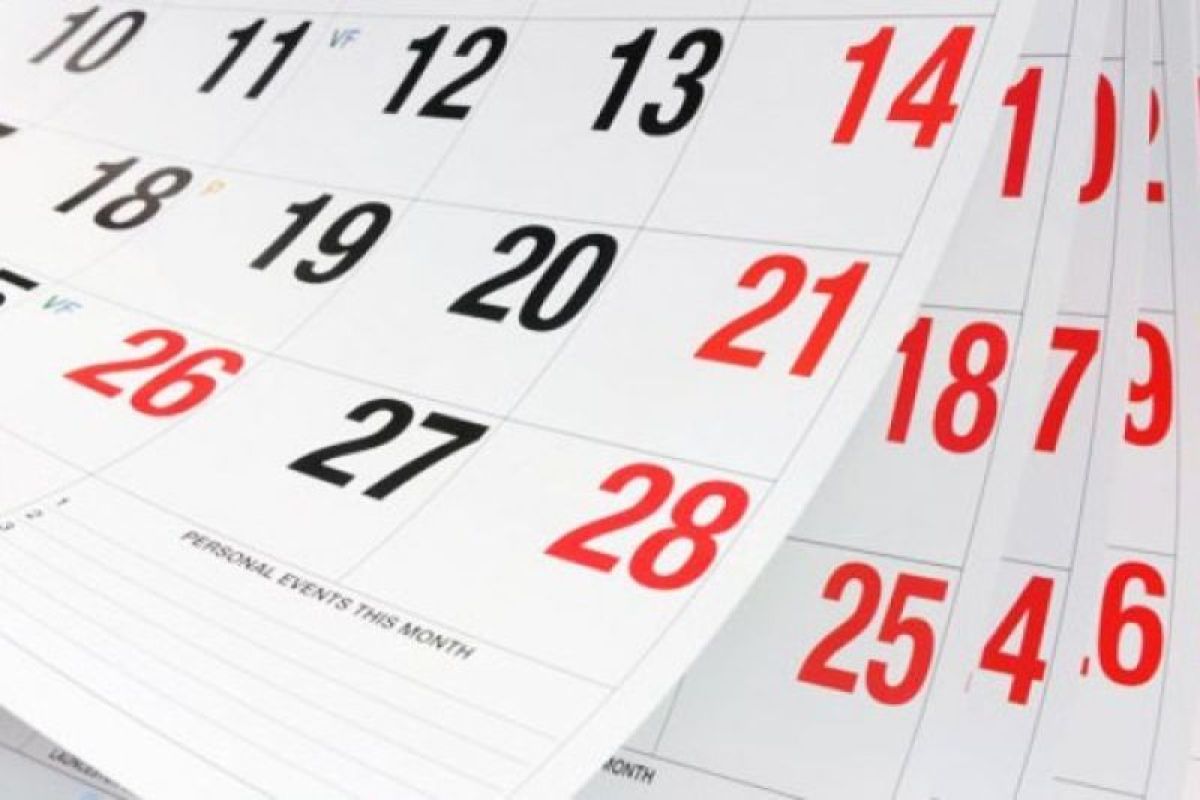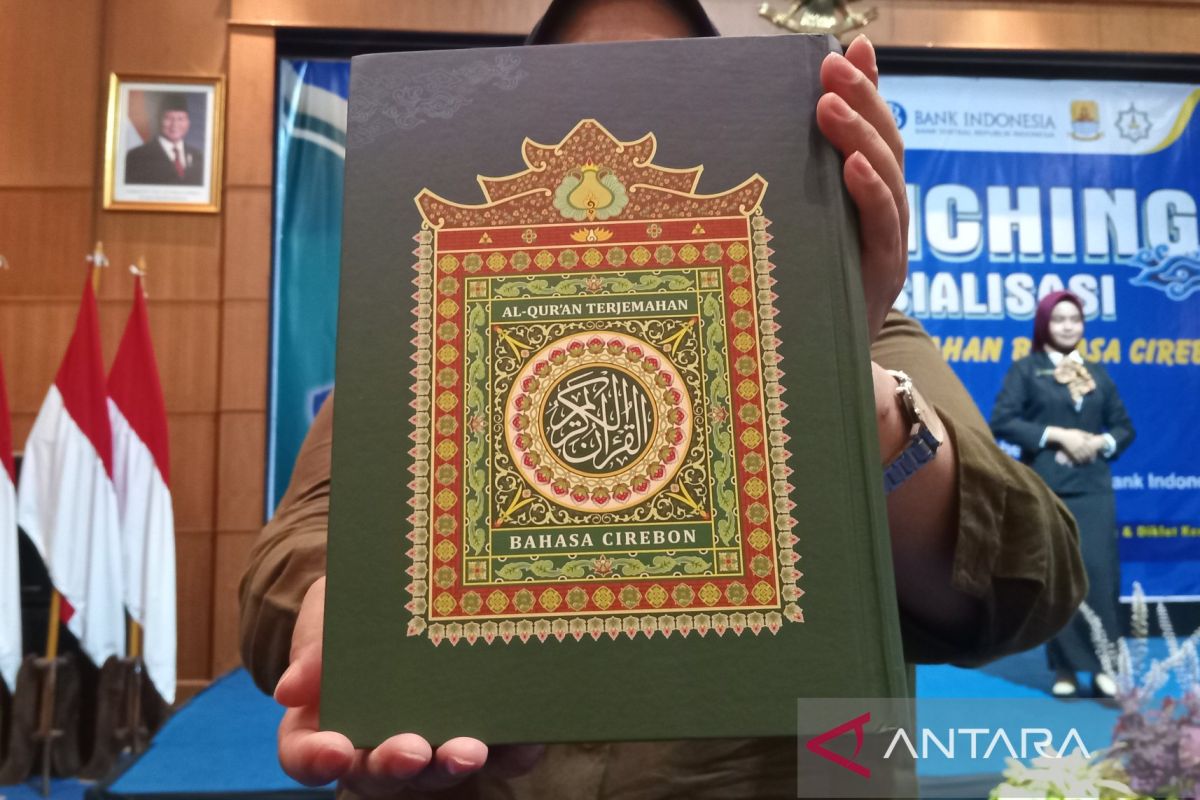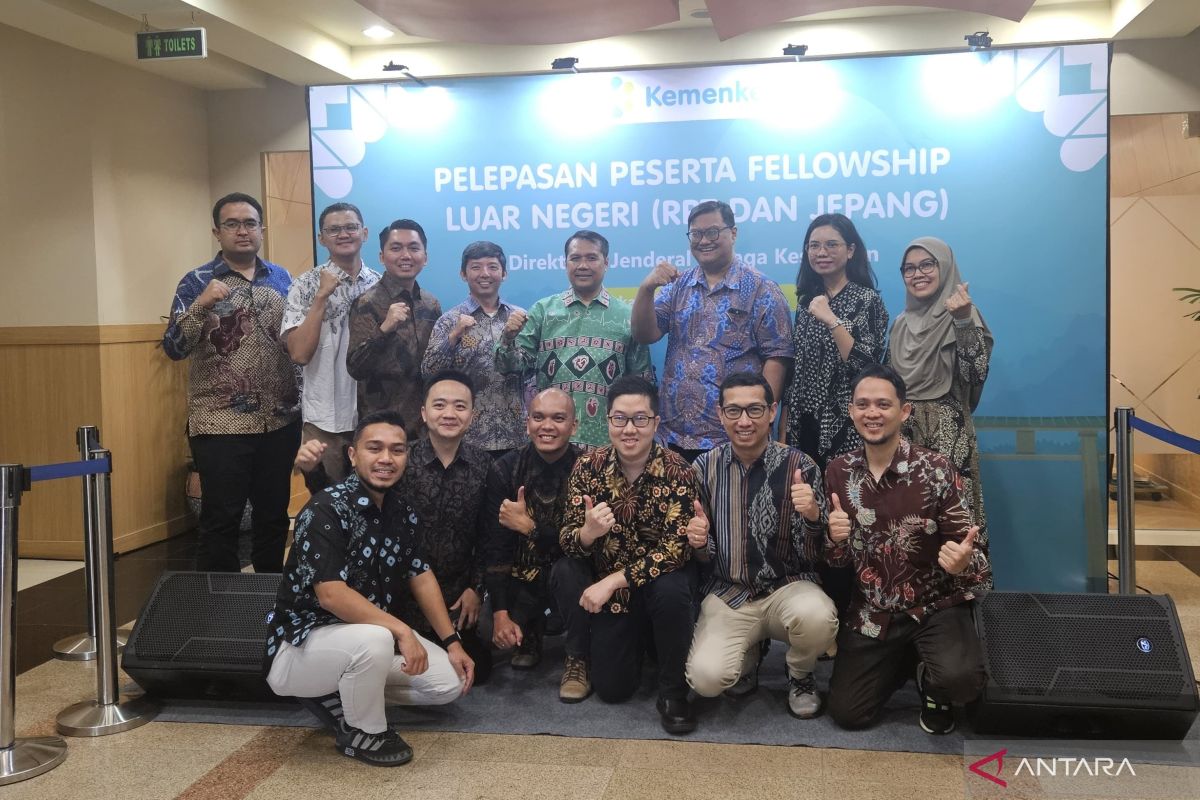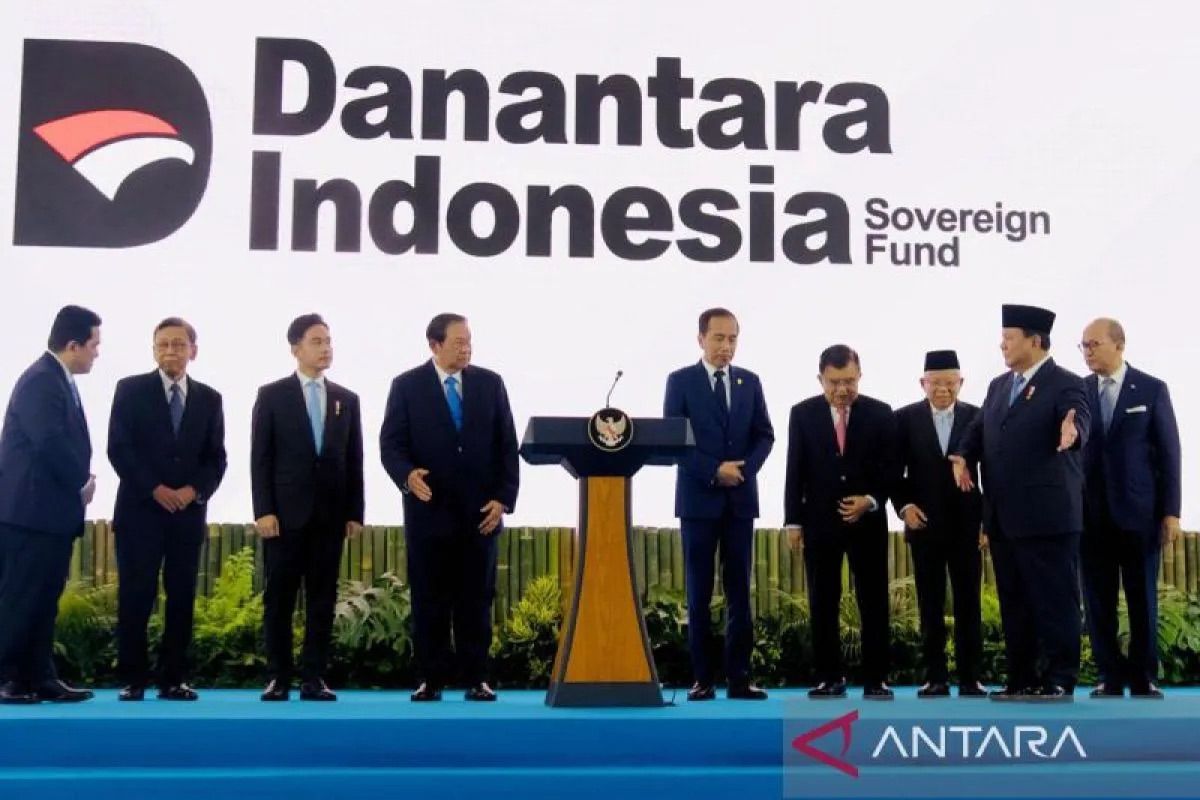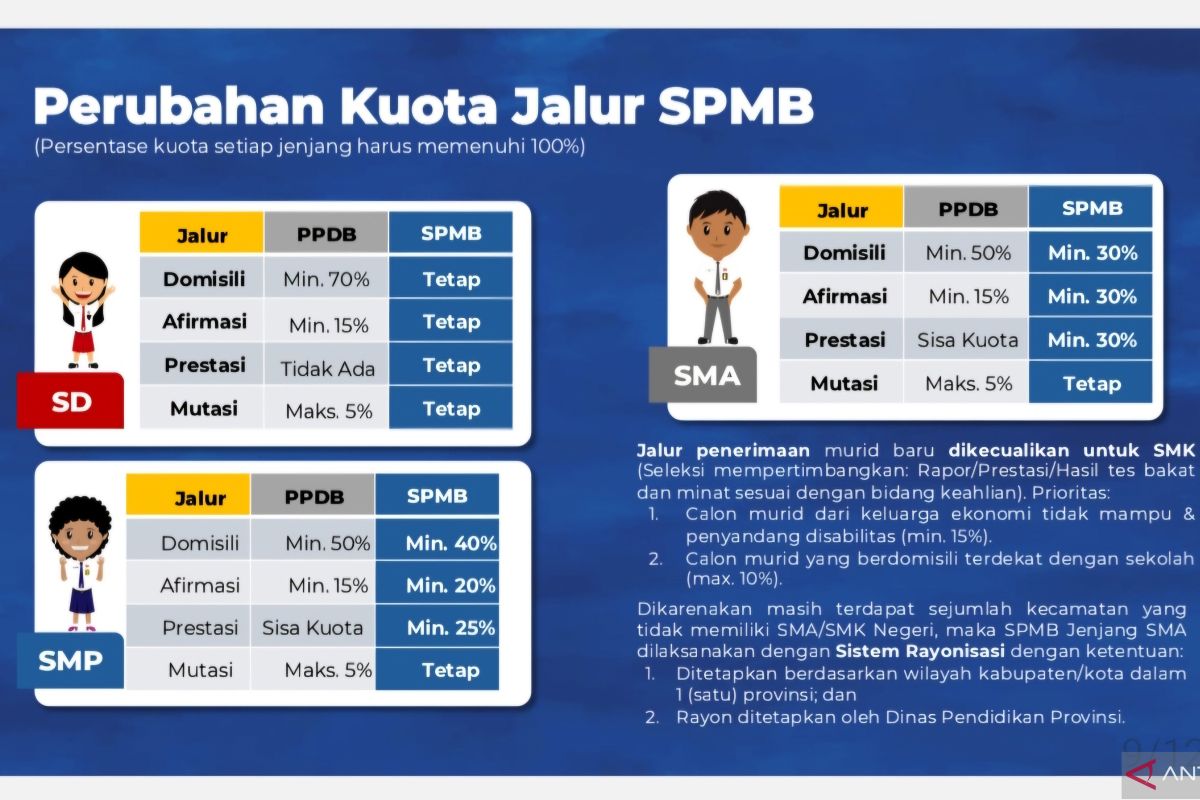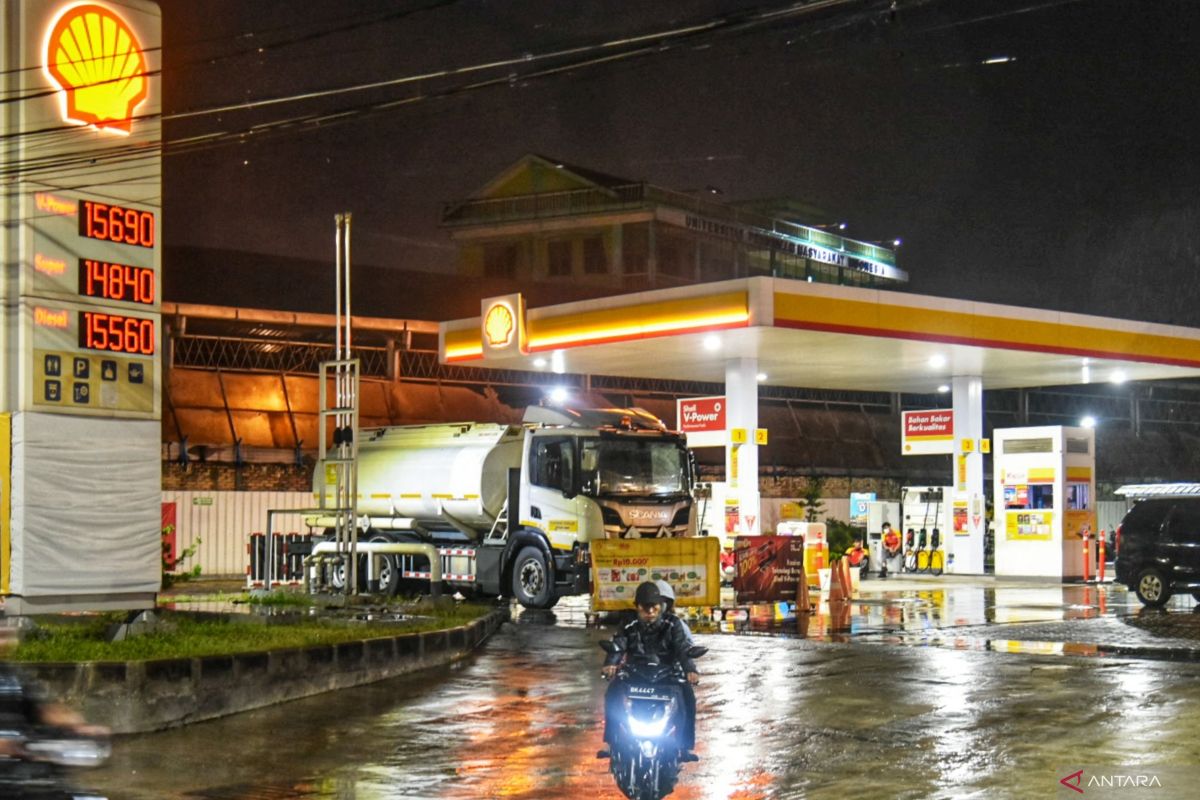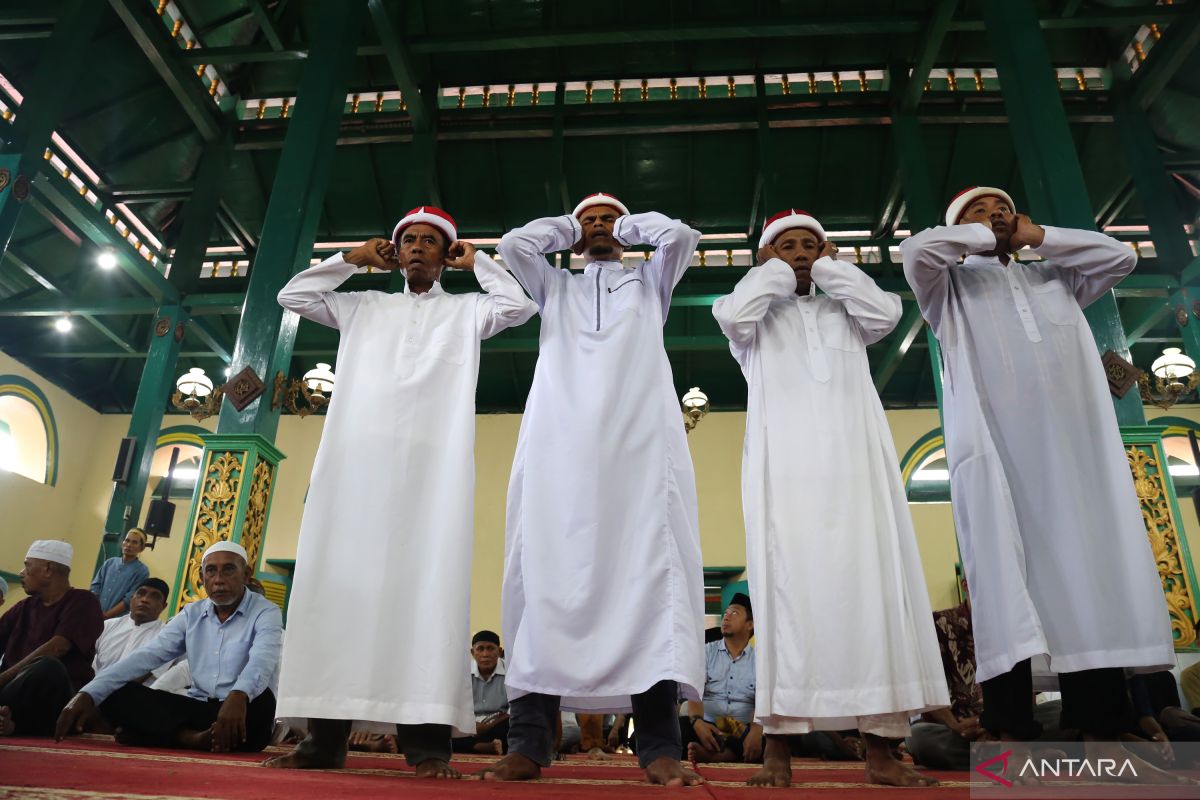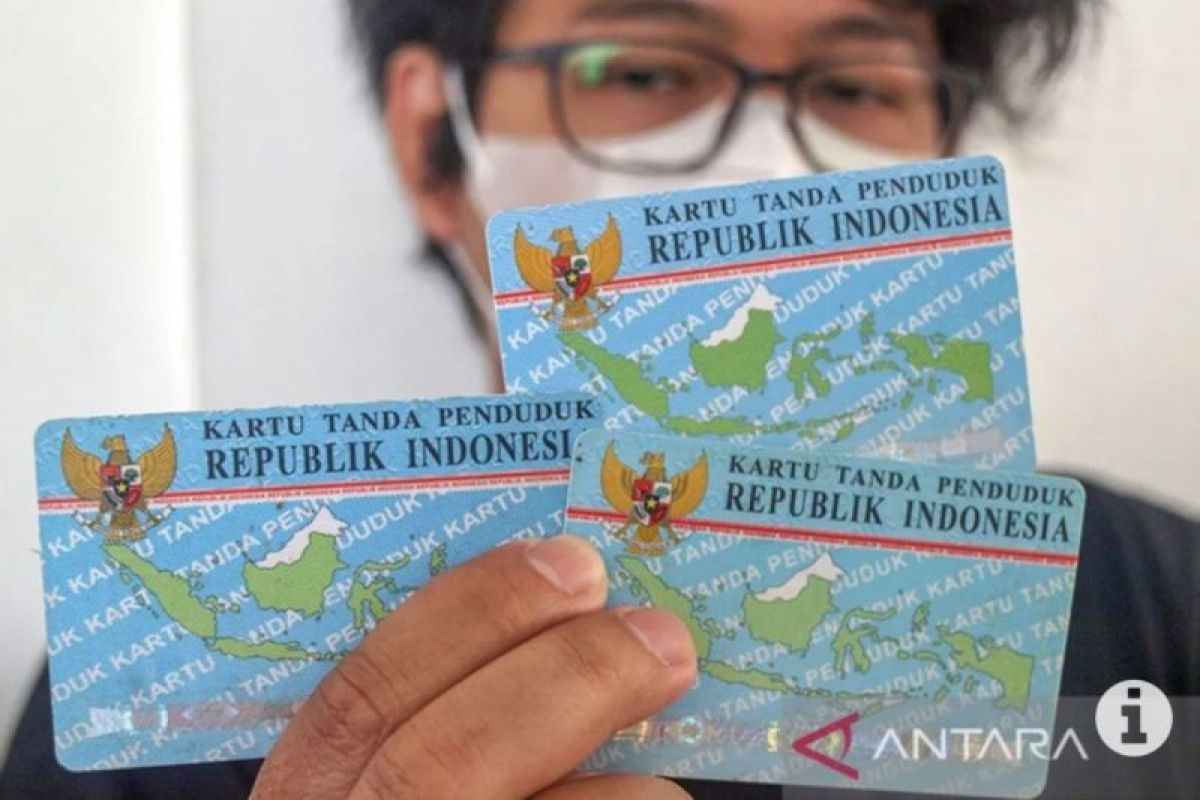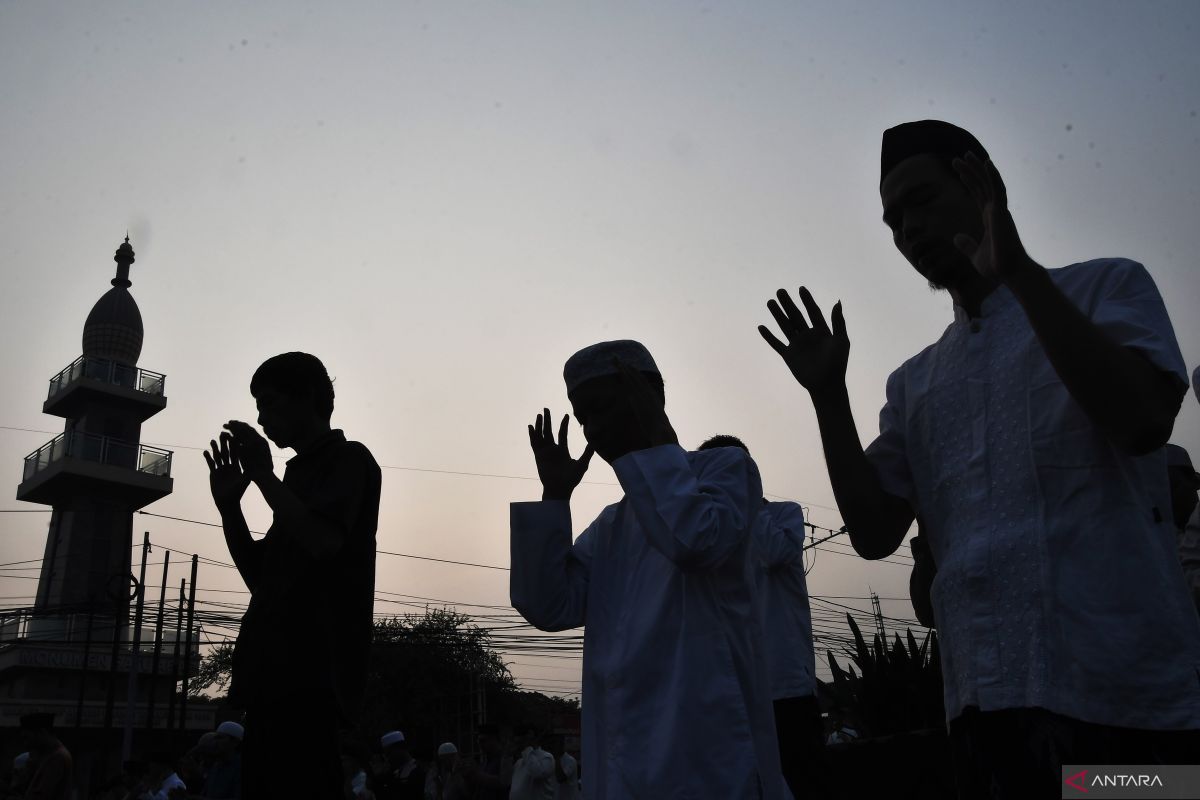No fewer than 11 nations with hopes of qualifying for the 2026 World Cup may be subject to travel bans imposed by Donald Trump when the tournament starts.
The US President has imposed bans on 12 countries, include Iran, which has already qualified for next summer's tournament, and is considering announcing that foreigners from another 36 may not visit the US because of national security concerns and public safety.
Cuba, Haiti, Sudan and Sierra Leone, also on the 12-country blacklist, are all in contention to qualify.
On Trump's possible extended banned list, Cameroon, Cape Verde, Egpyt, Ghana, Nigeria and Liberia all still harbor hopes of reaching the finals.
Players travelling to the US for the tournament will be able to avoid the ban but supporters from banned countries may not.
Ronan Evain, executive director of Football Supporters Europe, said: 'We're particularly concerned about the potential for selective enforcement and discrimination against fans based on our perceived political views or national origin.'
Donald Trump speaks to reporters on Air Force One on Tuesday, amid fears of World War III
Trump has regularly met with FIFA President Gianni Infantino ahead of next year's World Cup
Protestors have reacted strongly to Trump's travel bans in LA over the past fortnight
Roger Bennett, the Men in Blazers podcaster and broadcaster who has become the voice of Premier League football for millions in the US, said: 'In modern World Cups, there's been a drum beat of doubt, dread and disaster, going in.
'In South Africa in 2010, we were told the threat of out-of-control violence was going to overwhelm the tournament. In Brazil, there was civil unrest, demonstrations and tear gas the year before. In Russia everyone was afraid of a police state.
'That's the rationale going in - but with the emotional aspect once the ball is kicked, its flips. There's this global eclipse that strikes the whole planet for, in our case, 39 straight days.'

 5 hours ago
2
5 hours ago
2


































